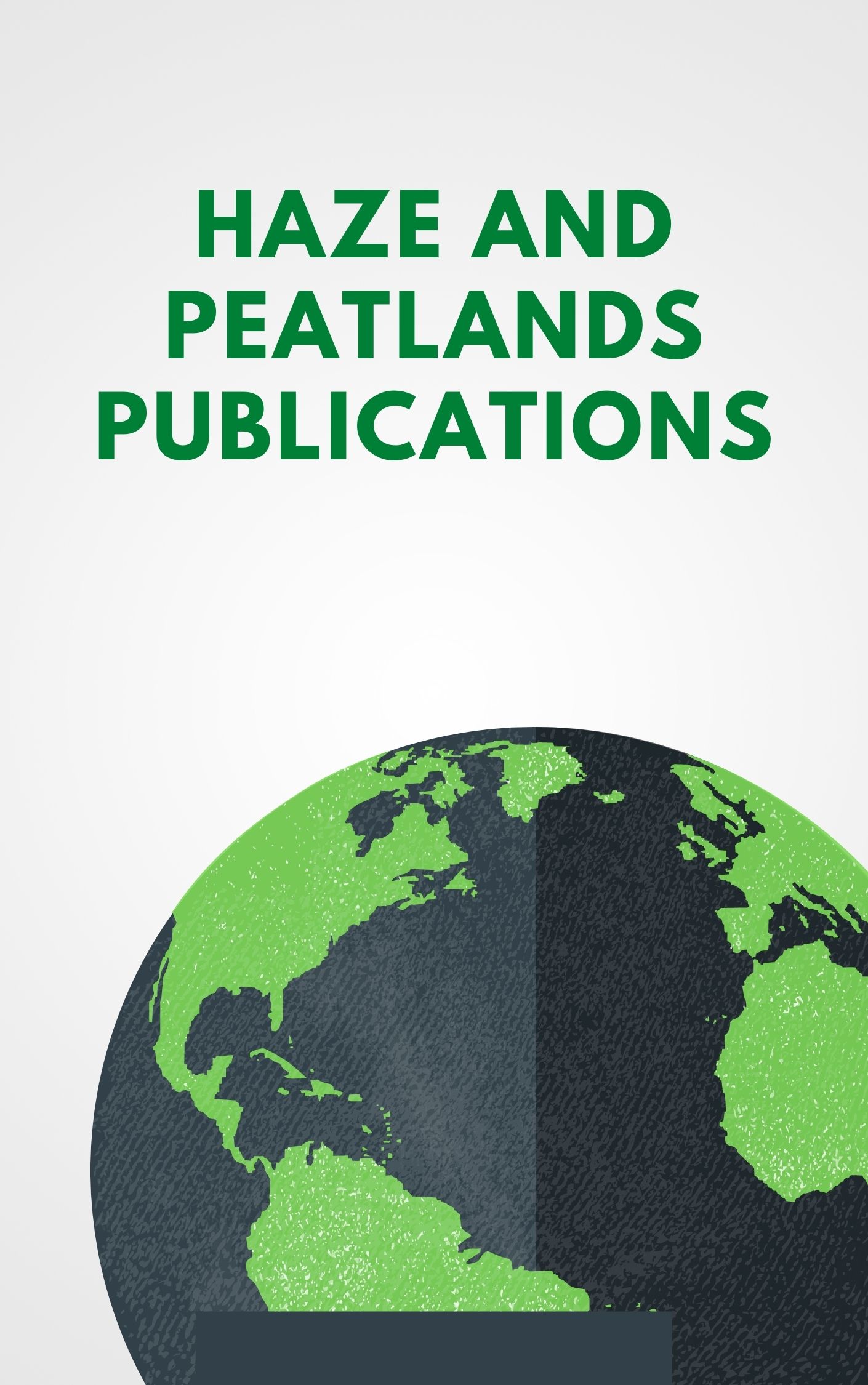Keyword(s)
agroforestry, agroforestry systems, agrosilvicultural systems, coffee, farming systems, fruit trees, production, resin tapping, resins, rice, shifting cultivation, trees, woody plants, Indonesia, Coffea, Dipterocarpaceae, Hopea, Oryza, Oryza sativa, plants, Shorea, Shorea javanica, Rubiaceae, Rubiales, Gentianales, dicotyledons, angiosperms, Spermatophyta, eukaryotes, Theales, Malvales, Poaceae, Cyperales, monocotyledons, APEC countries, ASEAN Countries, Developing Countries, South East Asia, Asia, agricultural systems, agriforestry, agrisilvicultural systems, agrisilviculture, agro-forestry, bush fallowing, Hopea dryobalanoides, paddy, slash and burn, swidden agriculture, Agroforestry and Multipurpose Trees, Community, Farm and Social Forestry (KK600), Plant Cropping Systems (FF150), Non-wood Forest Products (KK540), Silviculture and Forest Management (KK110), Farming Systems and Management (EE200) (Discontinued March 2000), Non-food/Non-feed Plant Products (SS200)

